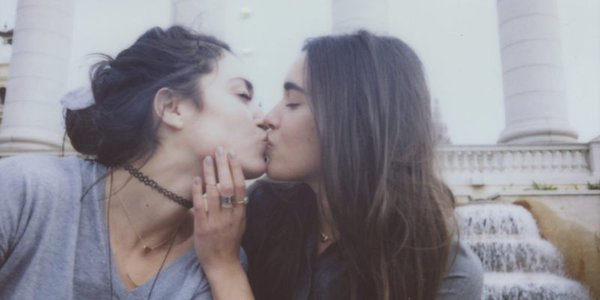According to Office for National Statistics (ONS), the number of people in Britain who describe themselves as bisexual has leaped by 45% since 2012.
The 2015 figures also show that London is the region with the highest proportion of people identifying themselves as Lesbian, gay or bi (2.6%).
The east of England has the lowest percentage (1.2%).
The figure for those aged 16-24 (3.3%) compares with just 0.6% of people aged 65 and over.
ONS statistician Pamela Cobb said:
In 2015, the majority (93.7%) of the UK population identified themselves as heterosexual or straight, with 1.7% identifying as LGB, the remainder either identifying as ‘other’, ‘don’t know’ or refusing to respond.”
The figures refer only to sexual identity and do not cover gender identity or necessarily reflect sexual behaviour.
Overall, more males (2%) identified as LGB than females (1.5%). Some 0.4% of the total identified as ‘other’ while a larger group of 4.1% either refused or did not know how to identify themselves.
More than two-thirds of the LGB population were ‘single, never married or hadn’t entered a civil partnership,’ the ONS said.
This is potentially due to the young age of LGB people compared with the population as a whole and the fact that same-sex legal unions are relatively new.
The figures were part of the ONS annual population survey and included respondents aged 16 and over.
The ONS suggested younger people could be more likely than previous generations to explore their sexuality and pointed out it was now more socially acceptable to express their sexual identity.
A spokeswoman for Stonewall, the charity which campaigns for the rights of lesbian, gay, bisexual and transgender people; added
It’s great to see that more [people] are comfortable coming out or identifying as lesbian, gay or bi than ever before. The spike in individuals identifying as bi could be due to more exposure of bi role models in sports, culture and the public eye. We would hope that individuals who had previously felt pressured to conceal their bi identity now feel safer and more empowered to be open about how they identify.”
